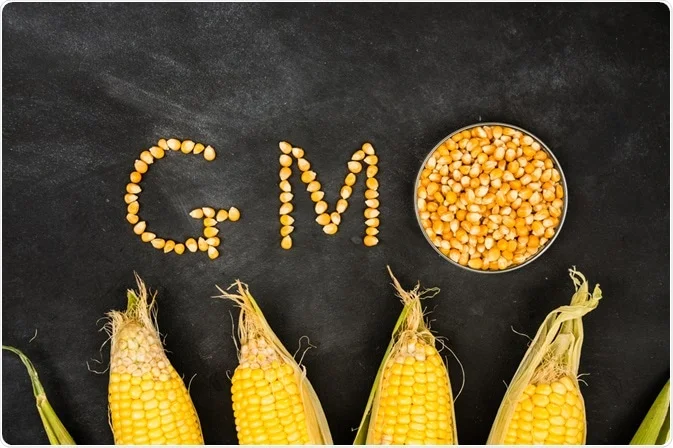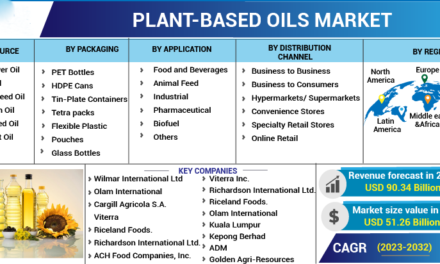The use of genetically modified (GM) vegetables has several significant impacts on the agricultural industry, both positive and negative. Here are some of the key effects:
1. Increased Crop Yields
- Impact: GM vegetables are often engineered to be more resistant to pests, diseases, and environmental stressors like drought or extreme temperatures. This leads to higher crop yields and more efficient use of land.
- Agricultural Industry Effect: Increased productivity allows farmers to meet growing global food demand and optimize land use, especially in areas with limited arable land or challenging growing conditions.
2. Reduced Pesticide and Herbicide Use
- Impact: Some GM vegetables are engineered to be resistant to specific pests (e.g., Bt crops) or tolerant to herbicides (e.g., glyphosate-resistant crops). This reduces the need for chemical pesticides and herbicides.
- Agricultural Industry Effect: Farmers can lower their input costs related to chemicals, reduce their environmental impact, and improve the sustainability of their farming practices. However, there is ongoing debate about the long-term environmental effects, such as herbicide-resistant weeds.
3. Improved Nutritional Content
- Impact: GM vegetables can be modified to enhance their nutritional profile, such as increasing vitamin content, adding essential amino acids, or improving micronutrient levels.
- Agricultural Industry Effect: This can help address specific nutritional deficiencies in populations, particularly in developing countries. GM vegetables with enhanced nutritional content may open up new market opportunities and increase the value of the produce.
4. Economic Benefits
- Impact: GM vegetables can lead to reduced production costs, lower pesticide use, and higher yields, all of which can improve profitability for farmers.
- Agricultural Industry Effect: With increased profitability, GM vegetable adoption can drive investment in agricultural technology, contribute to economic growth, and improve the financial stability of farming operations, especially for smallholder farmers.
5. Environmental Sustainability
- Impact: GM vegetables that require fewer chemical inputs and can withstand adverse weather conditions contribute to more sustainable farming practices. They can reduce the need for land clearing, preserve biodiversity, and lower the carbon footprint of agriculture.
- Agricultural Industry Effect: These environmental benefits can help meet the growing demand for food in a way that minimizes environmental degradation and supports sustainable agriculture.
6. Market Access and Consumer Preferences
- Impact: The use of GM vegetables can create both opportunities and challenges in the marketplace. Some consumers are hesitant or opposed to GM foods due to health or environmental concerns, leading to market restrictions in certain regions or countries.
- Agricultural Industry Effect: Farmers who adopt GM vegetables may face barriers to exporting their produce to regions with strict GM regulations. However, there is a growing acceptance of GM crops in some markets, which can provide access to new international trade opportunities.
7. Resistance and Dependence on Seed Companies
- Impact: Many GM crops are patented and sold by a small number of multinational seed companies, which can lead to increased dependence on these companies for seeds. Additionally, the widespread use of GM crops can lead to the development of resistant pests or weeds.
- Agricultural Industry Effect: This can lead to reduced genetic diversity, increasing the risk of pest or disease outbreaks that could threaten crop stability. The dominance of large seed companies may also raise concerns about the concentration of power in the agricultural sector.
8. Ethical and Regulatory Challenges
- Impact: The use of GM vegetables raises ethical and regulatory concerns, particularly regarding long-term health effects, environmental impact, and corporate control over seed production.
- Agricultural Industry Effect: These concerns lead to ongoing debates and regulatory hurdles in many countries, delaying or limiting the adoption of GM vegetables in certain markets. Governments and regulatory bodies must balance the potential benefits with the need for stringent safety assessments.
9. Supply Chain and Biotechnology Innovation
- Impact: The development and adoption of GM vegetables drive innovation in biotechnology and seed technology. Advances in genetic engineering can lead to the creation of new crop varieties with desirable traits.
- Agricultural Industry Effect: Biotechnology companies continue to develop and refine GM vegetable varieties, which fuels ongoing innovation in crop breeding. This can result in more resilient, higher-yielding, and nutritionally enhanced vegetables, providing solutions to meet food security challenges.
10. Public Perception and Education
- Impact: Public perception of GM vegetables varies widely, with some consumers viewing them as unsafe or unnatural, while others see them as essential for sustainable food production. Misunderstandings about GM technology can hinder adoption.
- Agricultural Industry Effect: The agricultural industry must invest in educating the public about the benefits and safety of GM vegetables to build trust and encourage wider acceptance. Transparency and clear communication about the technology’s benefits and risks are essential.









